Topic: Supply Chain
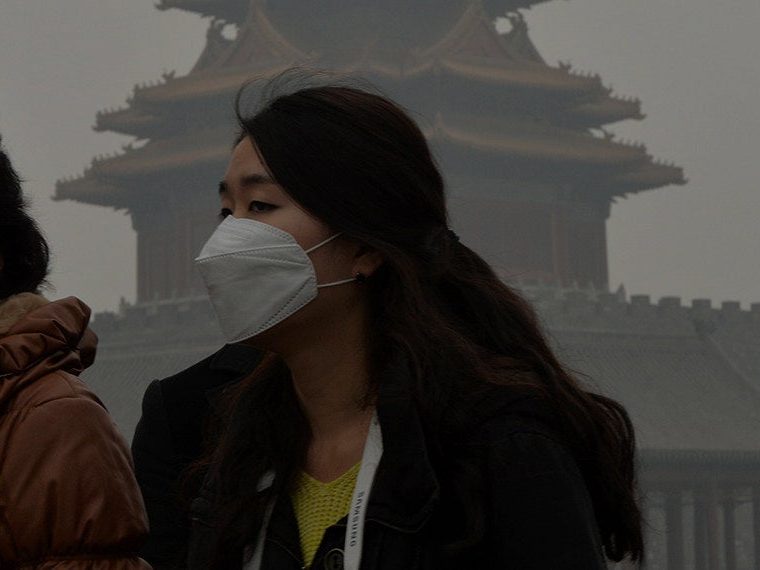
Your Chinese Supplier Pollutes – It Dents Your Stock Price?
The market penalizes customers’ shares more than those of the polluter
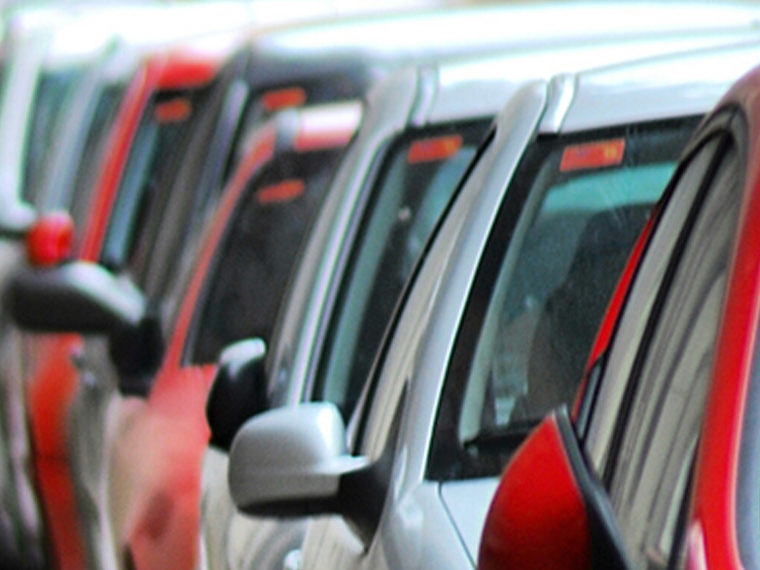
Uber-Like Services: Variable Driver-Company Revenue Split Improves Profit
A second lever, after “surge” pricing, adjusts the supply of drivers
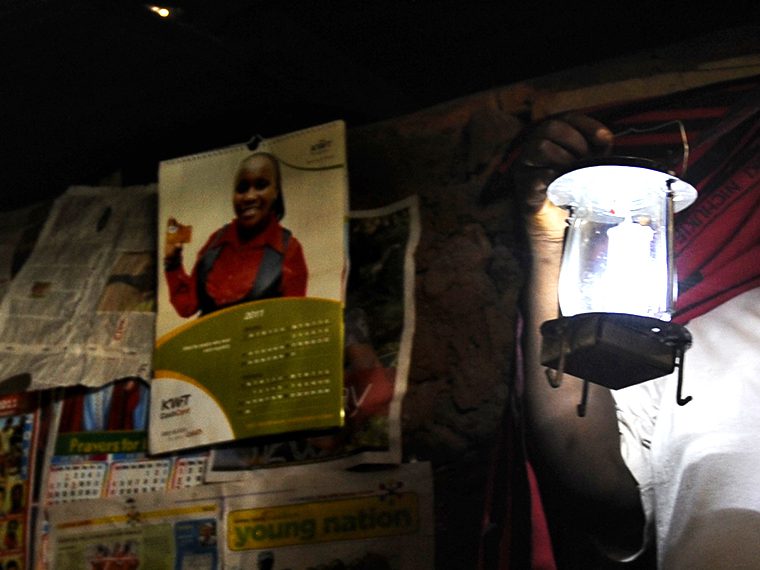
Shining a Light on the Development Supply Chain
Field researchers constructed a model to subsidize essential goods for low-income communities in crisis, and profit in recovery
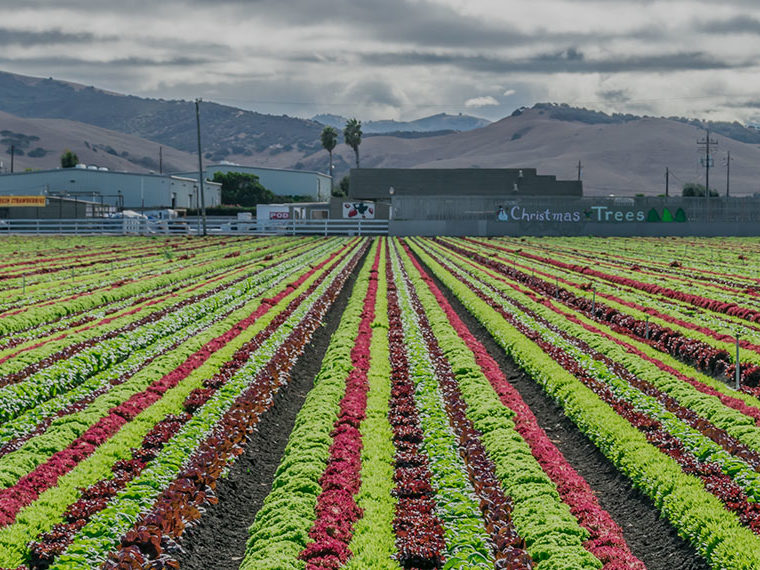
Crop Choices: How Price Supports Can Contribute to Healthier Diets
Well-designed subsidies can help farmers and give consumers better food choices

How Fashion Brands Can Best Ensure Worker Safety in Developing Nations
Collective action, rather than each brand working alone, appears more effective and costs less
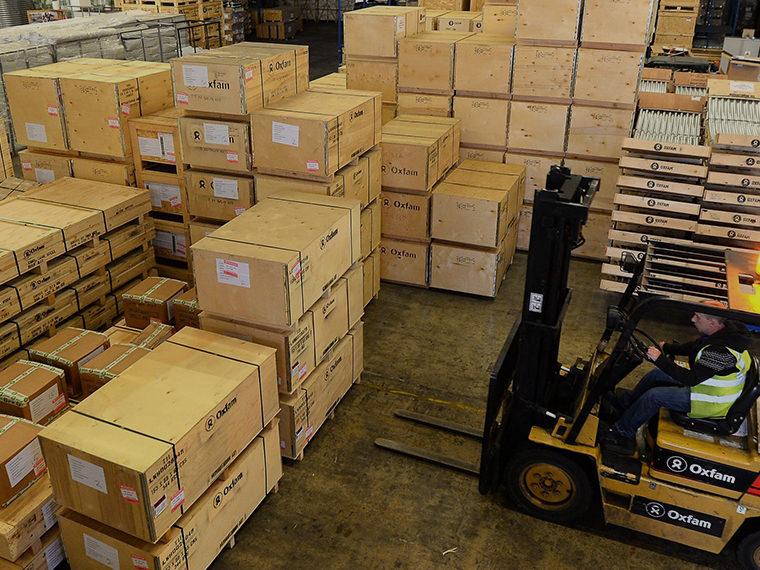
When Manufacturers Commence Exporting, They Become More Efficient
Looking at costs, in a sample of 5,000 plants in Chile, remarkable productivity gains occur
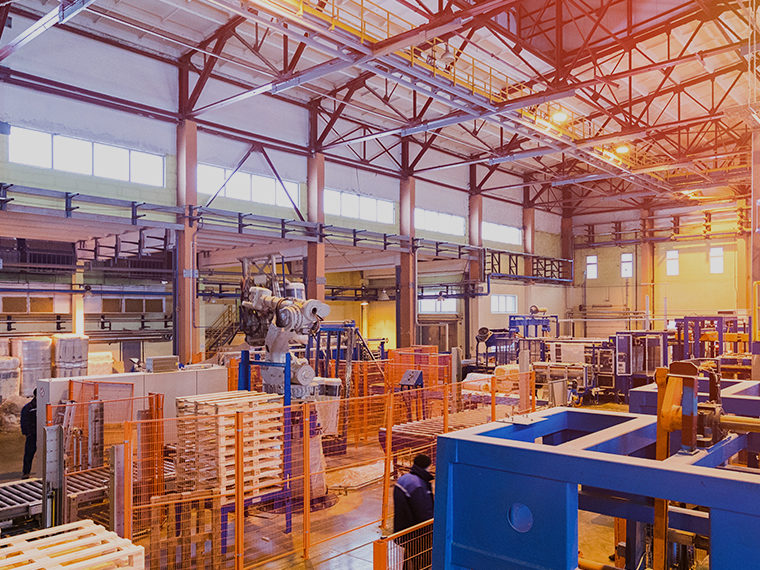
Once Begun, Corporate Carbon Reduction Efforts Gather Momentum
Companies are surprised: Opportunities to reduce CO2 are more plentiful than expected
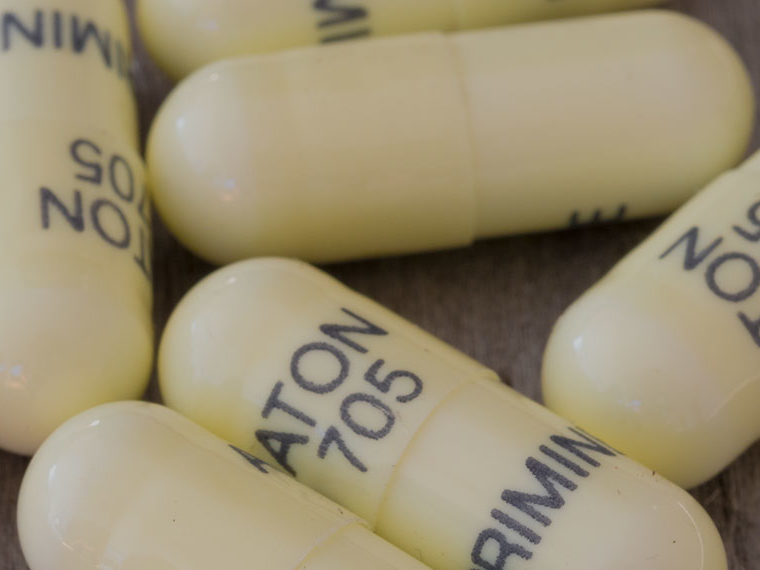
Orphan Drugs: An Expert Pricing Panel Could Bring Benefits
The goal is continued development of new drugs and reduction of often shocking prices

Volume Discount? In the Chip Industry, Don’t Count on One
Semiconductor makers’ pricing is based not just on quantities ordered but also on “capacity rationing”
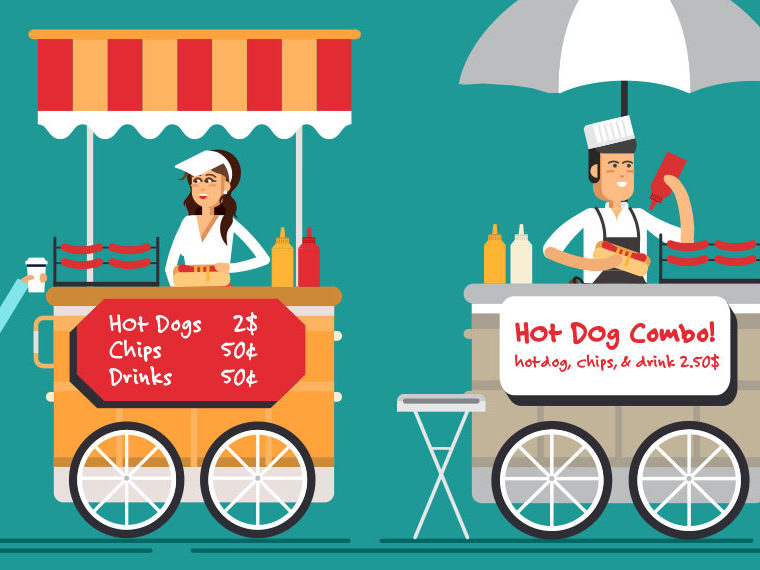
Avoiding Direct Price Competition: Bundling and Unbundling
If one company bundles products, its competitors are always better off not bundling; the thing to avoid is a head-to-head competition wherein the only way to get an edge is by cutting prices
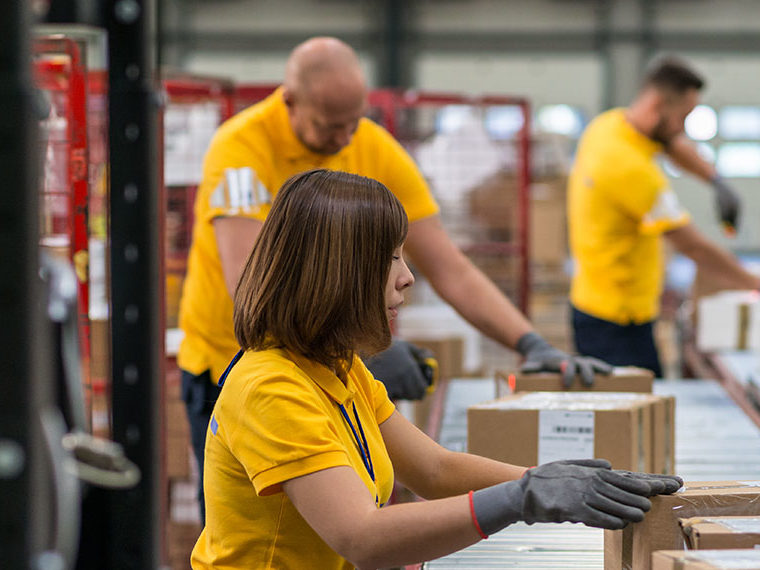
Applying Behavioral Economics to Supply Chain Decisions
B2B relationships aren’t the rational arena classic theories would suggest
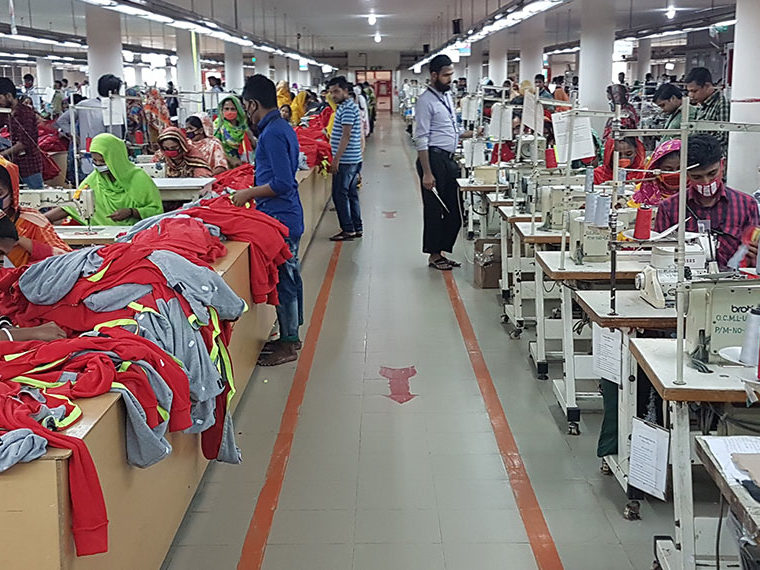
How Brands Can Anticipate Unauthorized Subcontracting of Apparel Manufacturing
A model predicts with 80% accuracy which orders get handed off
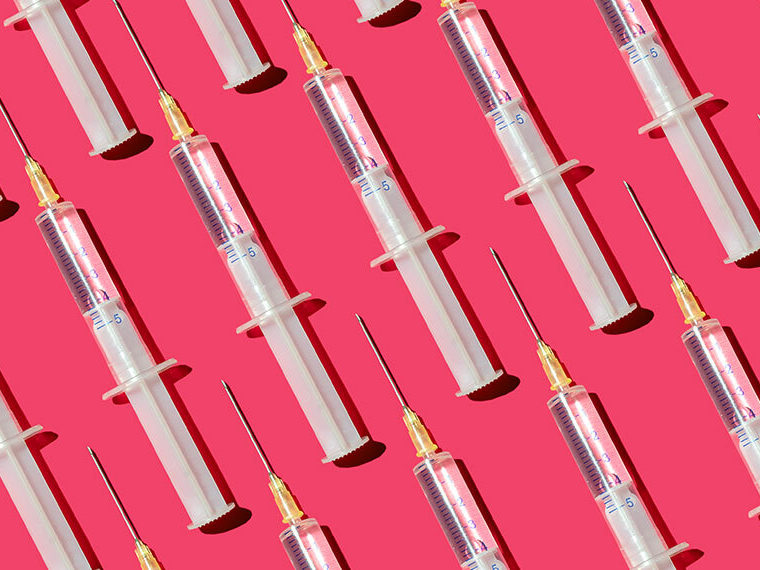
A Proposal to Even Out Flu Vaccine Supplies
A system of manufacturer rewards and penalties, consumer taxes and subsidies could aid vaccination rates
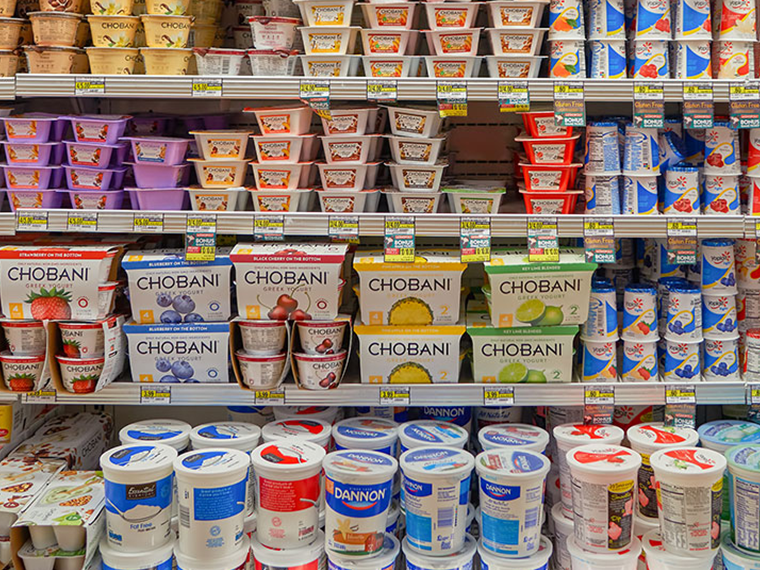
Smaller Grocery Chains Exclude Products as Negotiating Ploy
Tactic partially makes up for lesser clout with suppliers
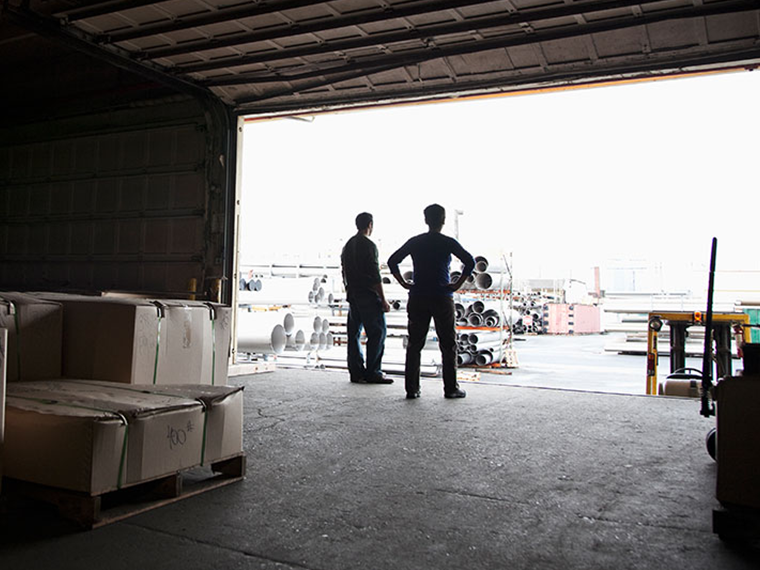
Politicians and Labor Love Reshoring; Investor Reaction Is Mixed
Stock prices dip around some announcements of return of jobs
